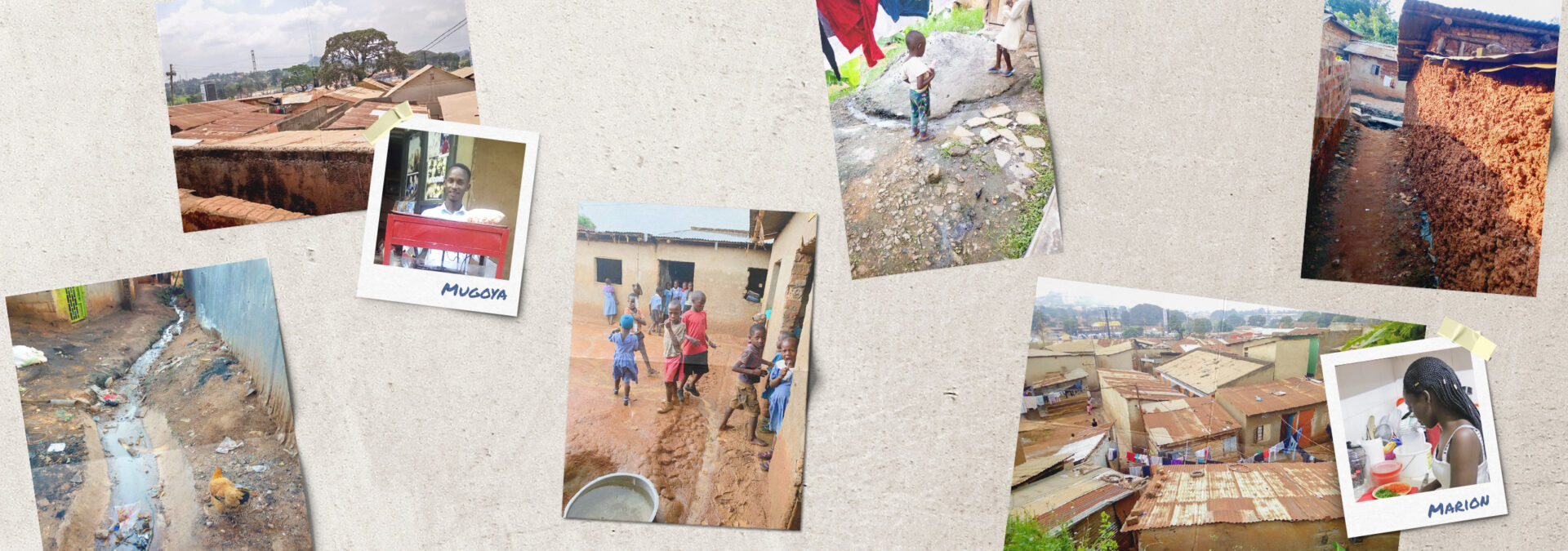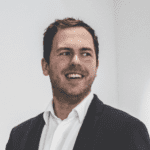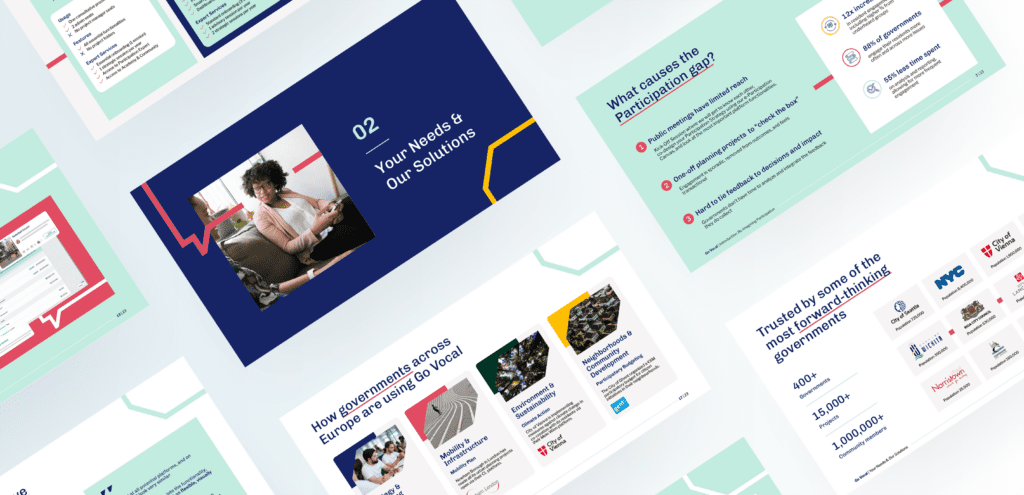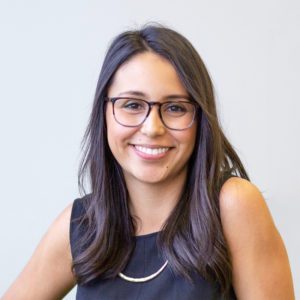Page content
Challenge
Local Heroes is a Belgian non-profit organization that wants to empower communities in Uganda to become self-sustainable and to further develop their region from within. The premise of Local Heroes (when they first knocked on our door to create a logo and visual identity for their organization) was that people in developing countries need water to survive and entrepreneurship to develop themselves further and not depend on others.
But is that really the truth? Local Heroes asked us to challenge their ideas, determine which problems they should focus on to create the most impact and jointly search for the business and impact model for the non-profit 3.0.
We didn’t want Local Heroes to fall into the typical ‘white savior trap’. Our main goal was to create a non-profit organization with a sound business model and a human-centric approach to development aid.
– Michael Boschmans, Founder
The problem with water
1.1 billion people worldwide don’t have access to drinking water and by 2025, ⅔ of the world population could be facing water shortages. The water problem is indeed very serious. But is it efficiently addressed in e.g. Uganda, the country Local Heroes first wants to focus on?
According to research, nearly 60% of all water projects in Africa fail. The problem: with the best intentions, non-profit organizations invest in installing these wells, but none of the locals know how to maintain or repair such an installation. So the community is back to square one: no water and the same dependence on external parties.

According to WellAware, nearly 60% of water projects in Africa fail, often within the first year.
So is installing wells the right solution? Or is it more efficient to teach the locals to repair and maintain the existing wells? Is access to water even the right problem to tackle at all? What about education, healthcare, scarcity, immigration, child labor…? In other words: how can Local Heroes ensure that they tackle the right problem and come up with the right solution for the locals, without making them dependent on their presence?
Understanding the problems and the context
In search of the right business and impact model for Local Heroes, an extensive research project was set up together with two amazing service design interns from the Royal College of Art in London: Emilia D’Orazio and Amogh Lux. Challenge number 1: finding out which problem Local Heroes has to tackle and how.
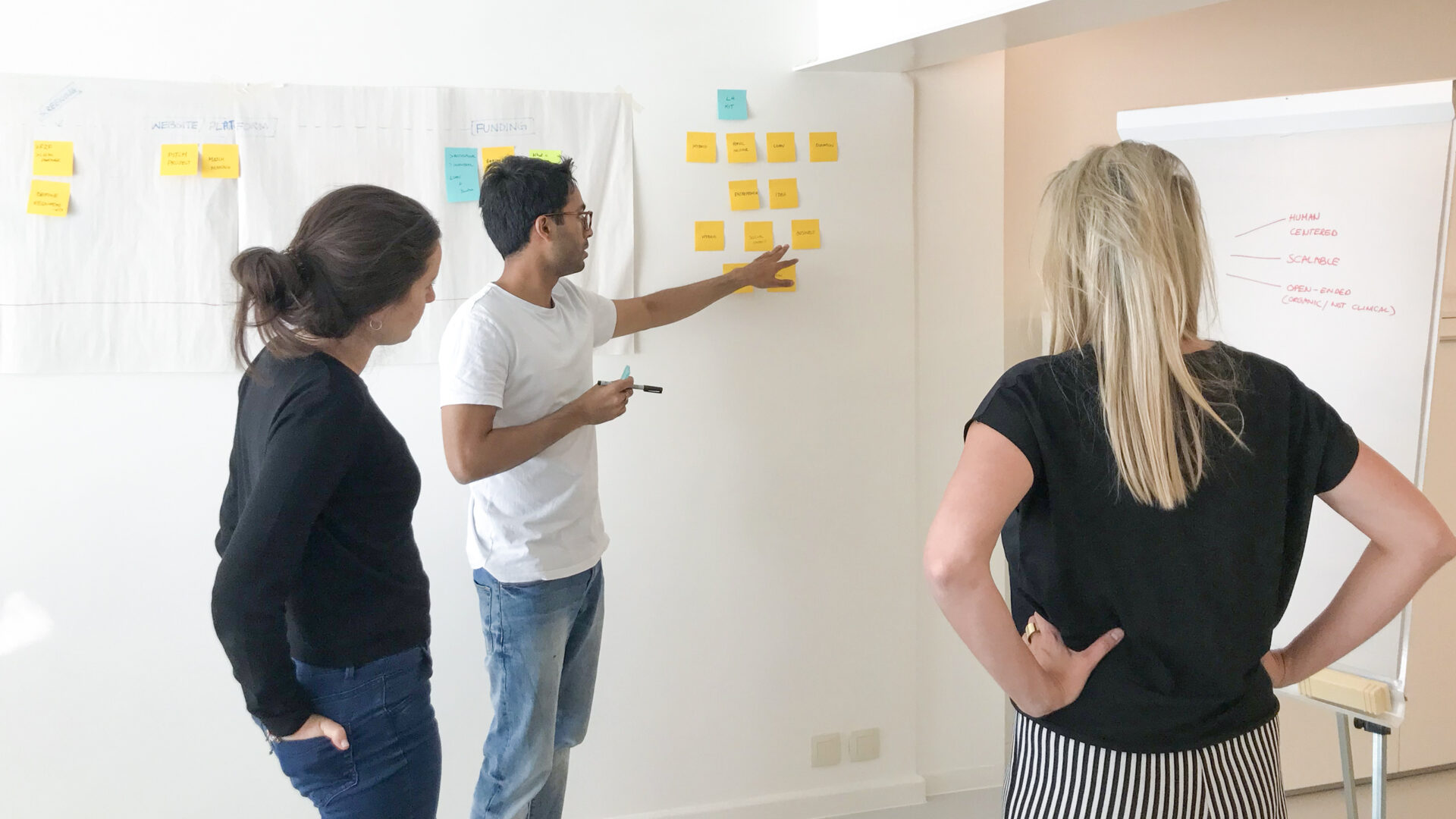
In order to correctly identify the biggest problems in Uganda, it is necessary to look at the broader context and understand the situation at an economic, social and cultural level. In an ideal scenario, researchers spend several weeks to months on location to analyze all these aspects and talk to locals. But in reality there is rarely room for this, especially within the limited budget of a starting non-profit organization like Local Heroes. As an alternative, various forms of remote research were used to deepen our understanding of the situation as much as possible.
We didn’t have the resources to spend several weeks in Uganda to research what the people in the country really need, so we were challenged to think of alternative, more remote forms of research.
– Emilia and Amogh, Service design interns – Quest
Macro perspective
The first step in the research was to zoom out and take a look at the broad context of Uganda. 20+ reports and research papers, 50+ articles and 60+ existing organizations were analyzed. We also spoke to a number of development aid experts with experience in Africa or who work for a government agency in Uganda.
Here’s what we learned:
Education
There is a mismatch between education and employment. Many young people study for a degree in which no jobs are available. Universities also focus more on academic qualifications rather than on relevant, deployable skills.
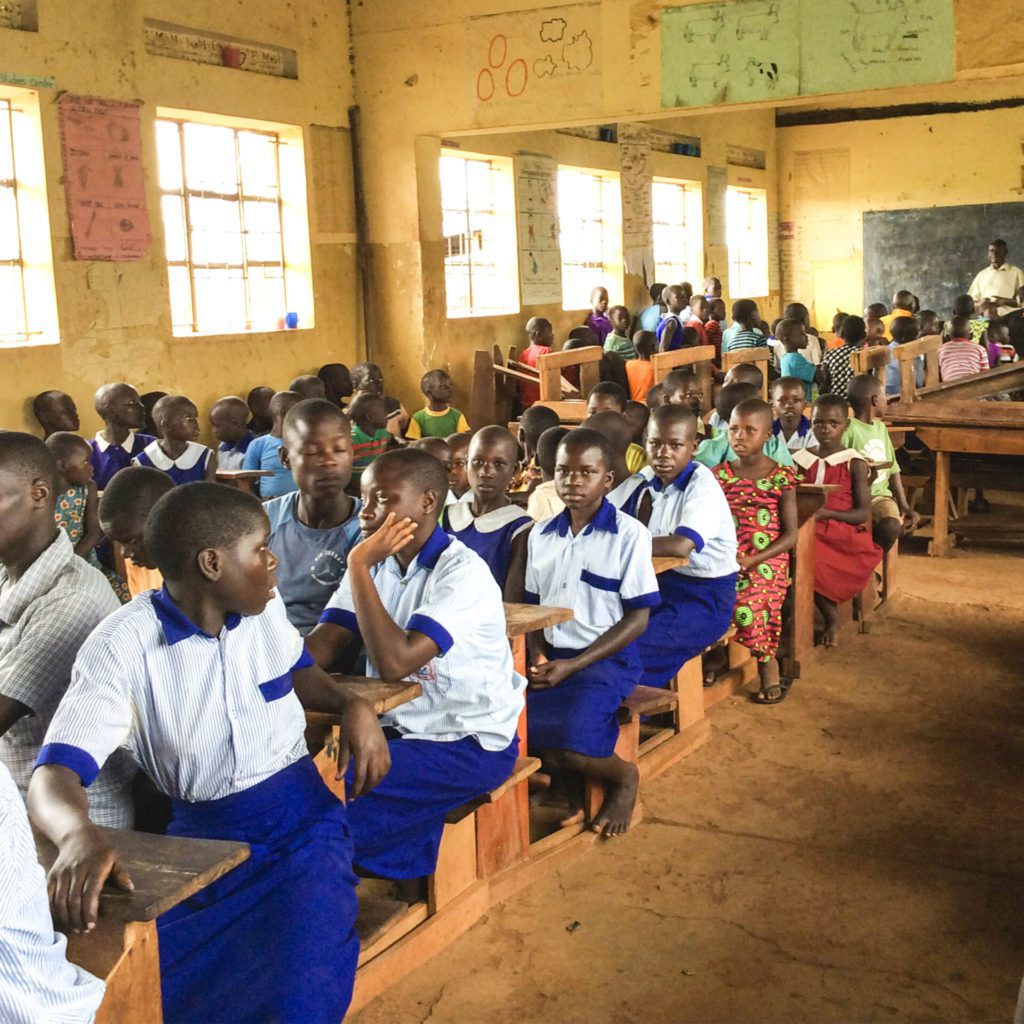
Economy
There are a lot of people with ‘unconventional’ jobs in Uganda. For instance, many young people consider gambling (sports betting) and criminal activities a real source of income.
There is a lot of entrepreneurship, but most small companies don’t even survive their first birthday. The high unemployment rate encourages people to improvise and start their own businesses. But due to a lack of knowledge about entrepreneurship, most starting entrepreneurs quickly go bankrupt, after which they start another company or, not infrequently, end up in crime.
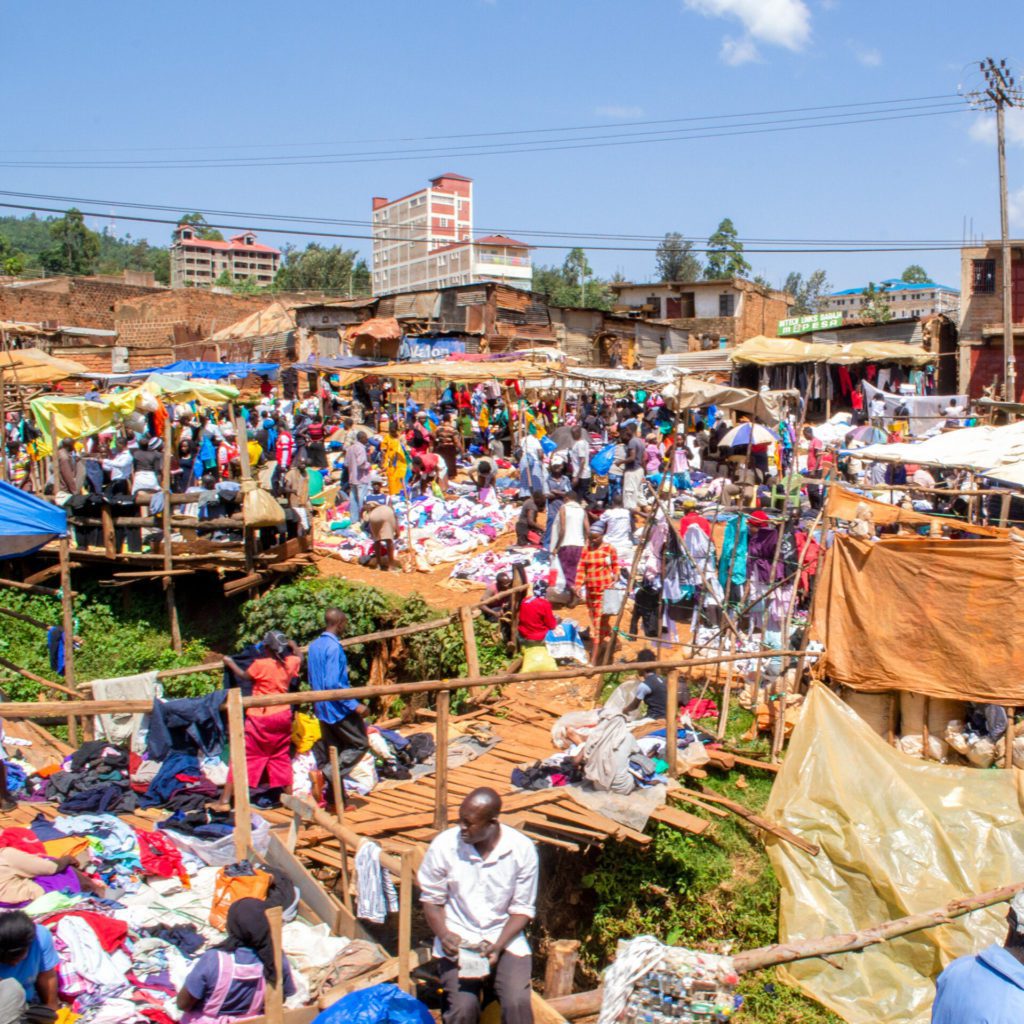
Technology and digitization
In 2018, 70% of Uganda’s residents had a telephone. Digitization is fast, so increasingly more people have access to technology and the internet. The adoption of “mobile money” is the biggest. People can transfer money via their phone number and no longer need a bank account.
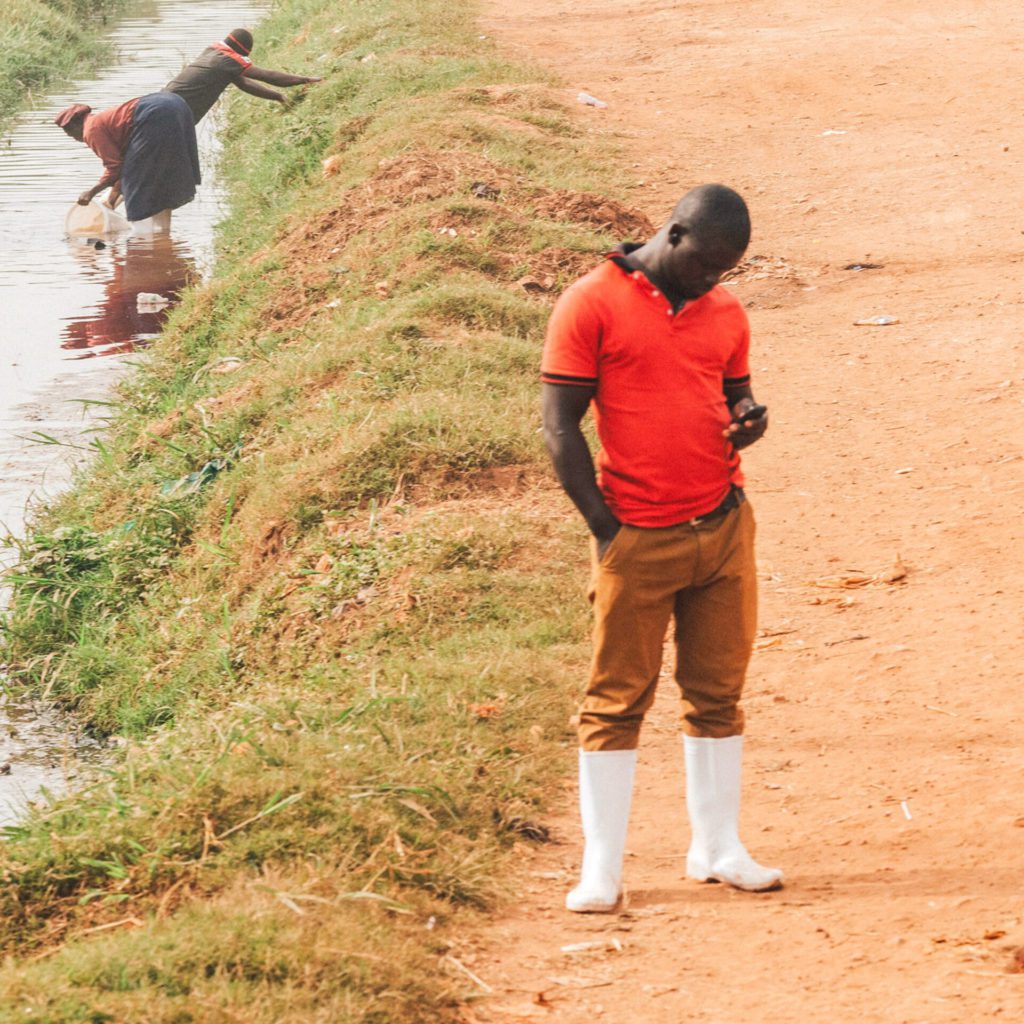
NPOs and NGOs
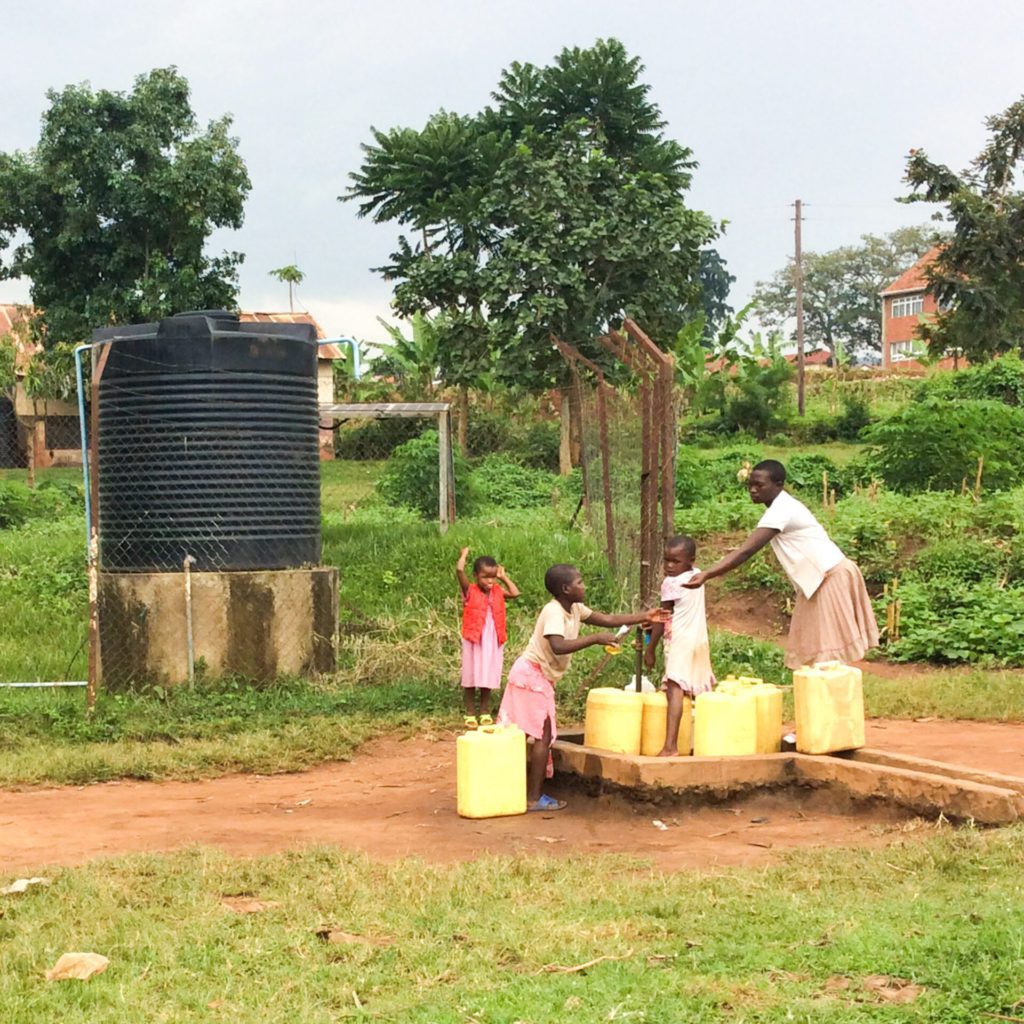
Cultural probes
Now that we had a better understanding of the broad context of Uganda, the next challenge was to identify which problem Local Heroes would best address. And who better to ask which problem to solve first than the locals? Through a local contact person we distributed a ‘cultural probe’ to 7 residents of Kampala, the capital of Uganda.
A cultural probe is a research technique in which participants keep a diary and take photos. Sometimes videos, audio recordings or other exercises are also included. In our case, the cultural probe gave us the possibility to collect valuable information without traveling to Uganda ourselves.
A cultural probe gives us as researchers the opportunity to collect detailed information in a non-intrusive way without influencing the situation by being present.
Janao Denys, Service Designer – Quest
The cultural probe consisted of a bundle with questions to which the participants could add photos and videos (via Whatsapp). They received some questions about themselves, their work, their family and their passions, after which we asked them about the 5 biggest problems in their community. It was important to leave this question completely open so our own bias about what the biggest problems are could not influence the research.

For each problem, we also made the locals think about the root causes, which really helped us get a better understanding of the full context.
Finally, we asked them to come up with some solutions for each of the problems. Our goal: to filter out our own prejudices and gain insight into how locals would tackle the problems, because this approach would also most likely be accepted by the community.
Impact and business model
With all the information from the research and the cultural probes, we set out to identify the new approach of Local Heroes. But between all the post-its, “how might we” statements and flipchart drawings, we got a little lost. By simplifying the problem and immediately searching for a solution, we quickly lost sight of what Local Heroes really wants to achieve: finding a way to change communities from the inside out and to make them self-sufficient so the organization eventually becomes redundant.
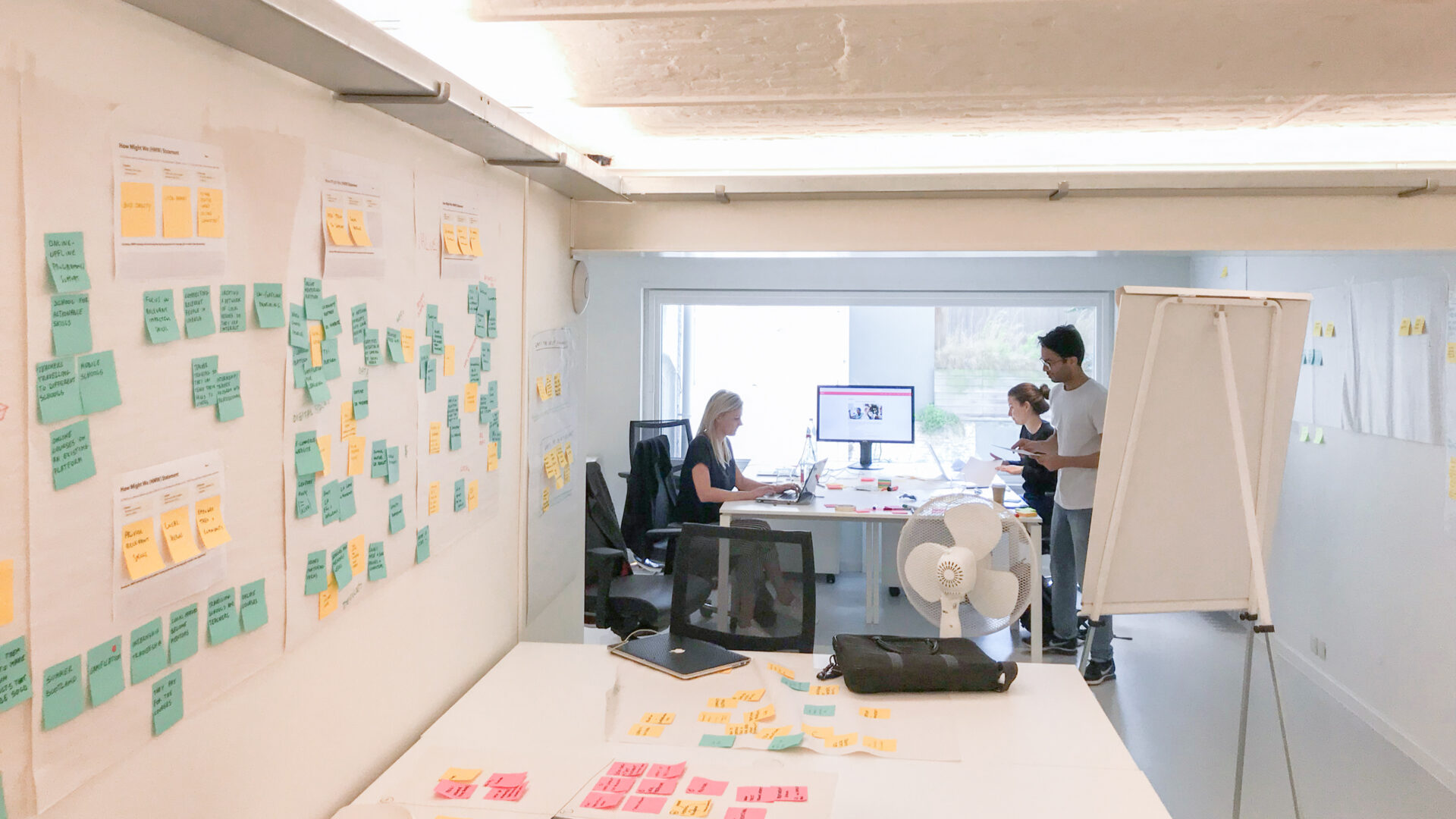
The problems in Uganda aren’t simple at all. But if the cultural probes taught us one thing, it is that there are plenty of driven and entrepreneurial Ugandans who know what problems their communities are facing and how they can be solved. All they need is better entrepreneurial skills and financial support.
The result
After this realization the task of Local Heroes became clear: to identify locals who have an idea to tackle a problem in their community. To help them turn this idea into a sustainable business model and to give them the support they need to make it a success and change the future of their community.
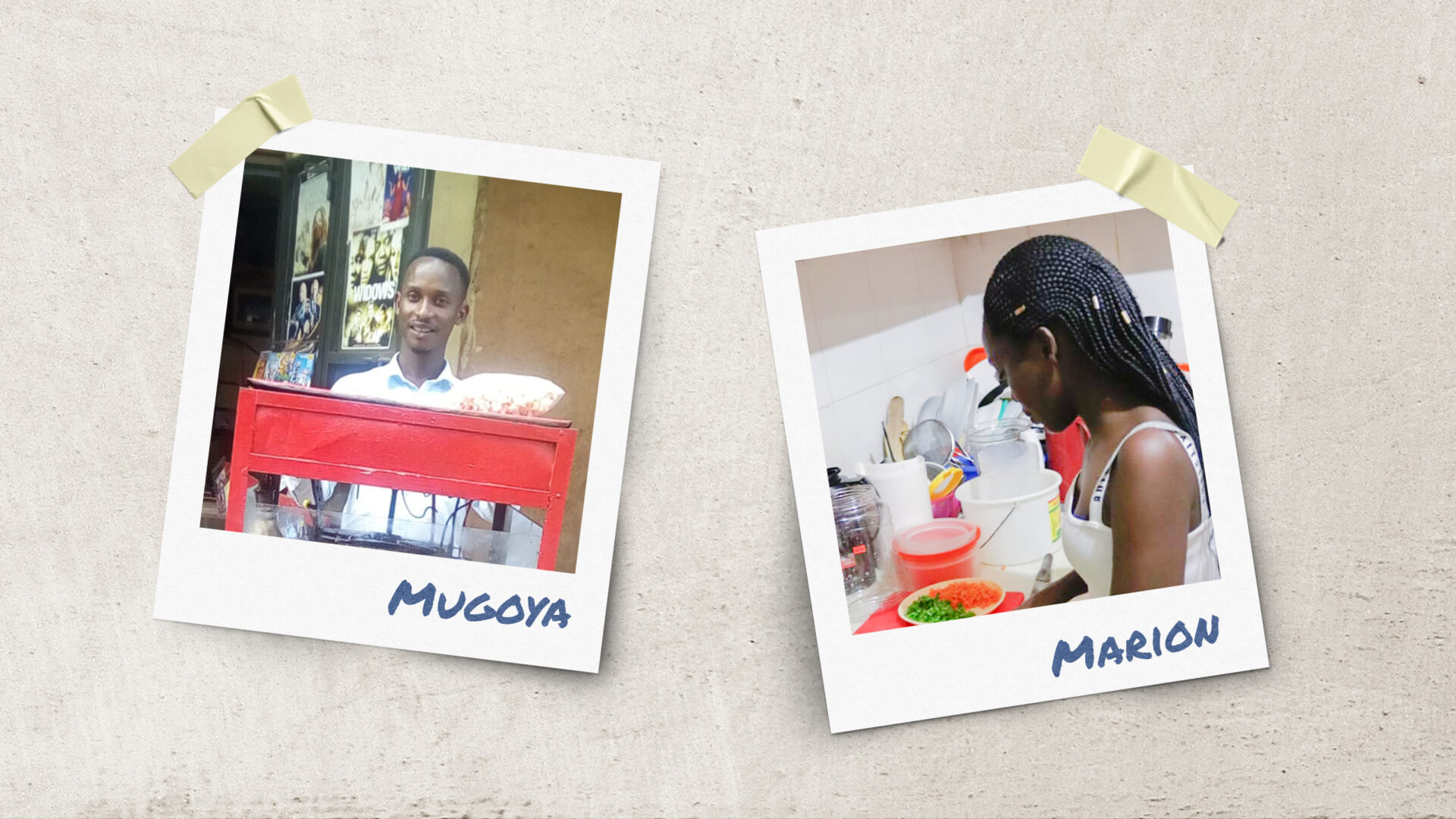



This concept was tested for the first time during a series of interviews with the participants of the cultural probes. In these conversations we took a deep dive into the problems they had identified and their motivation to implement the solutions. Some of the ideas:
- opening an internet cafe with classes for children in poverty
- opening a coding school
- setting up an orphanage
- distributing solar panels to generate energy in remote regions
Our hunch was confirmed. Finding people with good ideas is not that difficult at all. But they should get the time and support they need to make their idea reality.
What’s next?
Local Heroes is currently developing the incubator program to empower locals to find the right problems to solve and to turn their solutions into sustainable businesses that strengthen their communities.
Some of the Ugandans that were involved in this study will become the first real Local Heroes and will receive support to turn their dream project into reality.
